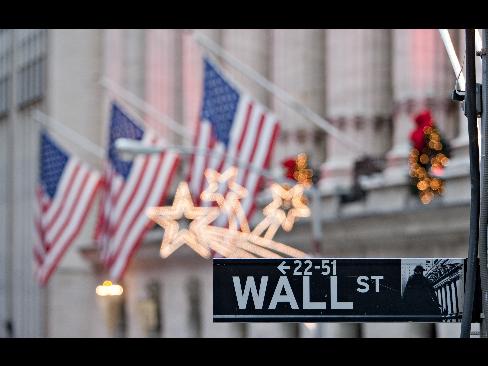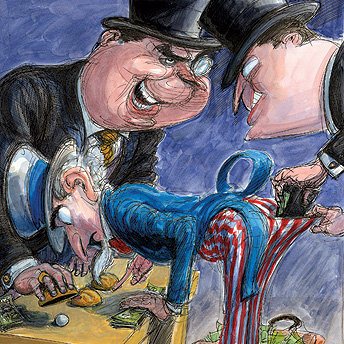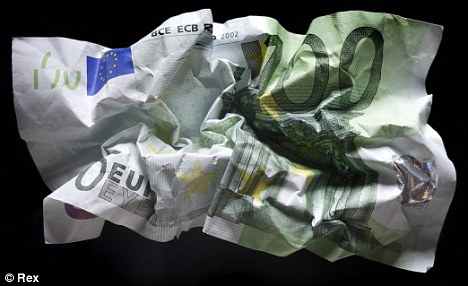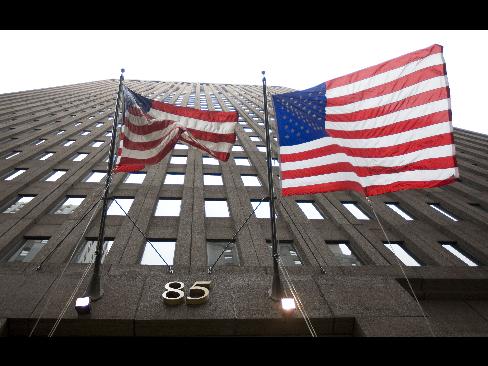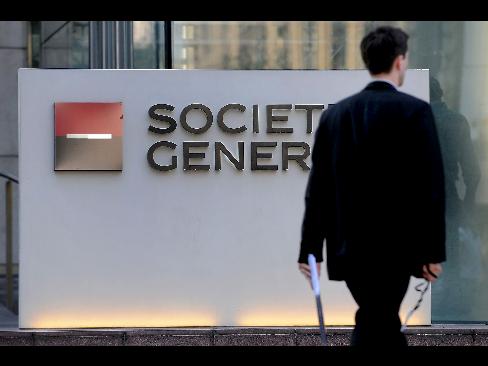Back in March of 2009 Zero Hedge, once again a little conspiratorially ahead of its time, solicited reader feedback on a key topic: CDS pricing manipulation, involving in addition to key cartel banks, such “independent” pricing services as MarkIt. We said: “Zero Hedge has received some troubling info (like there isn’t enough) regarding major pricing discrepancies between certain securities pricing services.
The services include companies such as IDC, Advantage Data, Markit and others. While I will not disclose which one may be a culprit, the allegation is that one (or more) are providing substantially above market pricing levels, specifically as pertains to distressed securities.” Then back in August 2010, we followed up by explaining that it is the ongoing price manipulation scheme, in addition to other factors, that allows Goldman Sachs (and other CDS dealers to a much lesser extent) to constantly generate massive profits from trading an opaque off-exchange product like CDS. It took two years and a month for others to take notice of this inquiry, although naturally not in that slum of corruption and market manipulation, the United States of America, but in Europe. Bloomberg reports: “Goldman Sachs Group Inc. (GS), JPMorgan Chase & Co. (JPM) and other 14 other investment banks face a European Union antitrust probe into credit-default swaps for companies and sovereign debt, regulators said. …The European Commission said it opened two antitrust probes. It will check whether 16 bank dealers colluded by giving market information to Markit, a financial information provider.” So while some post flow charts explaining the hilarity behind conspiracy theories, others actually expose the facts that today are a conspiracy and tomorrow are a full blown criminal investigation.
From Bloomberg Apr 29, 2011:
“Lack of transparency in markets can lead to abusive behavior and facilitate violations of competition rules,” said the EU’s antitrust chief, Joaquin Almunia, in an e-mailed statement. “I hope our investigation will contribute to a better functioning of financial markets.”
Global regulators have sought to toughen regulation of credit-default swaps saying the trades helped fuel the financial crisis. Lawmakers in the EU plan to encourage the use of clearinghouses and transparent trading systems. CDS are derivatives that pay the buyer face value if a borrower defaults.
Possible CollusionJPMorgan, Bank of America Corp. (BAC), Barclays Plc (BARC), BNP Paribas (BNP) SA, Citigroup Inc. (C), Commerzbank AG (CBK), Credit Suisse Group AG (CSGN), Deutsche Bank AG (DBK), Goldman Sachs, HSBC Holdings Plc (HSBA), Morgan Stanley, Royal Bank of Scotland Group Plc (RBS), UBS AG (UBSN), Wells Fargo & Co. (WFC), Credit Agricole SA (ACA) and Societe Generale (GLE) SA will be investigated for possible collusion in giving “most of the pricing, indices and other essential daily data only to Markit.”
Read moreMassive CDS Price Manipulation Scandal Erupts, EVERYONE Implicated!

